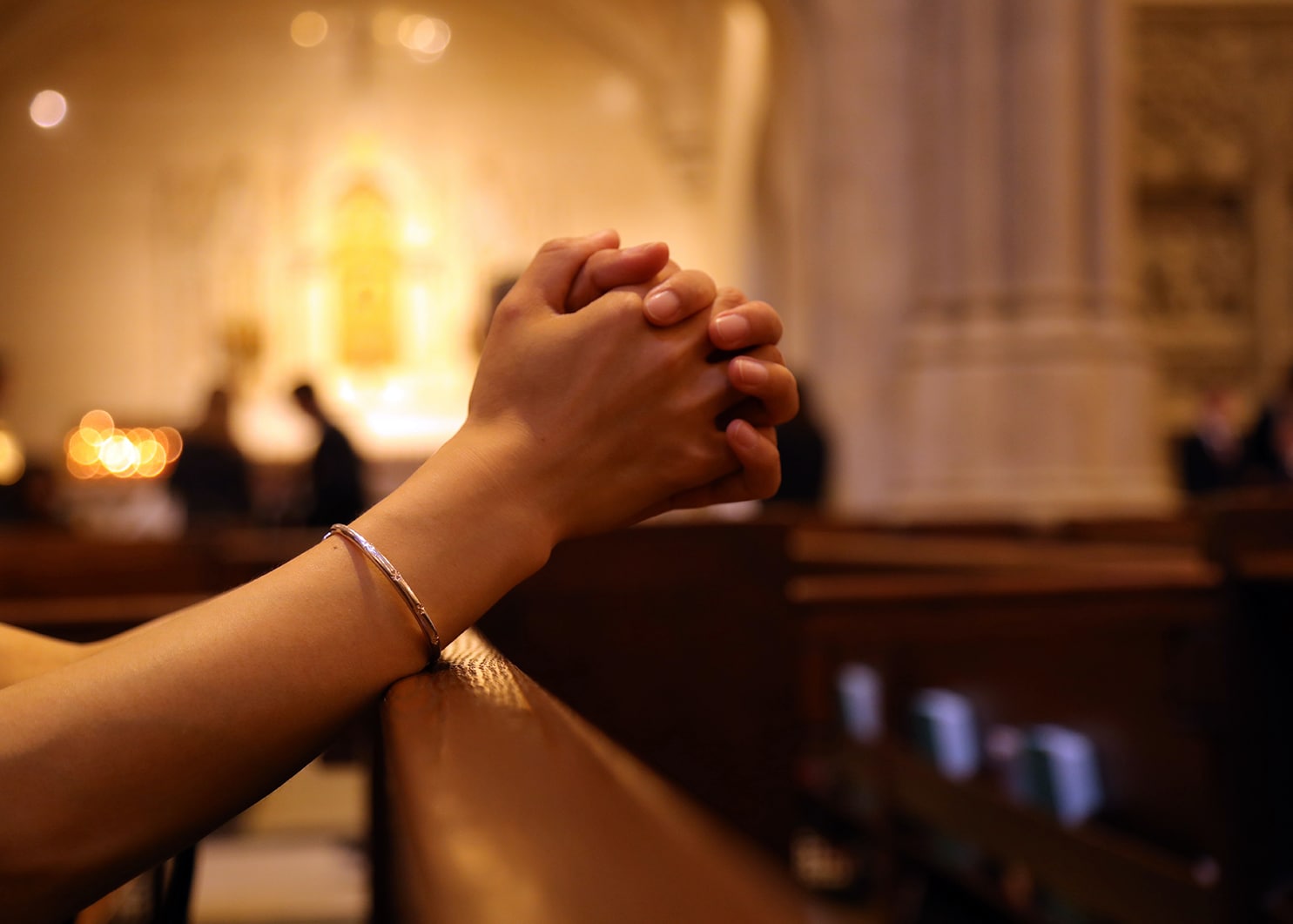The Vatican issued a document about the primacy, or supreme authority, of the bishop of Rome in Roman Catholic belief and practice. It comes in the wake of ecumenical actions and meetings in Rome.
So, strongly involved with this document is ecumenism or relationships among various religious groups.
To understand it better, to see the context and incentives behind it, a clear insight into the Church’s thought about ecumenism will help.
Ecumenism essentially has to do with the relationships among persons of different religious beliefs. During much of history, bitterness and even hatred accompanied these relationships.
For Catholics, the situation began to mellow about 60 to 70 years ago. Catholics — and believers of all faiths — shuddered in recalling the awfulness of the Second World War and faced the fact that in Communism, they, and the Gospel of Christ itself, still were threatened.
Regardless of their own personal approaches to Christianity, they all had confronted, and were confronting, evil — real, insidious and powerful.
Christians simply had no alternative. They had to come together or face the consequences of quarreling and distancing. Catholic Church leaders, beginning with popes, eagerly embraced this view and energetically moved to put it into action, but misimpressions about ecumenism remained — and remain — in the minds of many Catholics.
Taking doctrine seriously
To clarify, authentic ecumenism never attempts to whitewash differences or to say that earnestly believed theological convictions matter little. Just the opposite, it urges no one to take lightly, or to withhold, anything seriously believed.
All, first, must know well what their church teaches and know what others hold dear, and in this process perhaps find agreement. All must respect, trust, hear, love one another in the model of the first Christians and search for common cause, better to serve the common good.
Discussion and dialogue, for generations, have characterized ecumenical relations, at every level, from the cordial meetings of various popes with other major religious leaders, to seminars in universities, to informal conversations among neighbors over backyard fences.
For Catholics, ecumenism is evangelization. Without coercing anyone, without belittling anyone’s opinion, with love for all, but with complete candor, conviction and clarity, Catholic ecumenism is proclaiming what the Catholic Church sees as central in knowing and in following the mandates of God.
Humble, fervent prayer is indispensable. God’s grace is needed. It comes to those who ask for it; therefore prayer in ecumenism is basic. The guidance of the Holy Spirit is essential. So is total trust in the Holy Spirit.
Beliefs and opinions obviously differ. History has left wounds that still may fester. Attitudes do not change easily, but Jesus called the disciples to unity (cf. Jn 17:20-23).
Working for the common good
People may assume that total doctrinal agreement is the only objective in ecumenism. Such has always been the goal, and can never be ignored or discounted, but realistically, accomplishing it is slow and hard. So while ecumenism admits that sincere people disagree in matters of faith, it inspires agreement on many important considerations and urges working together.
Episcopalians, or Anglicans, unlike Catholics, see the bishop of Rome as one bishop among thousands, not as the successor of St. Peter. Presbyterians and Catholics disagree about the Eucharist, or the “Lord’s supper,” but all Christians devoutly believe that Jesus of Nazareth was and is the Son of God, born of Mary, the promised Messiah who died to rescue humanity from the effects of sin, the hope of the world.
All believe that giving a cup of water to the thirsty in the Lord’s name is an imperative of discipleship. Ecumenism seeks to build on this common ground.
Pope Francis thinks that the Holy Spirit is working. A new day of better understanding, of working for the common good and opposing evil, of proclaiming Christ Jesus may come. We may see it! For the Catholic Church, ecumenism is a means to this holy end.







